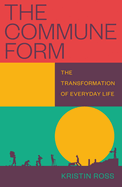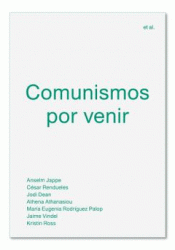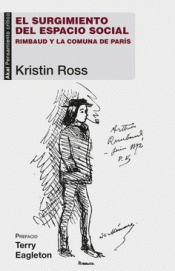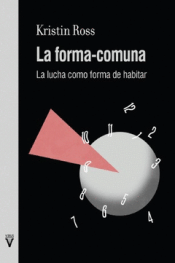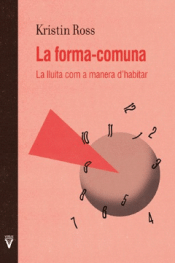A leading radical historian looks at the global resurgence of the commune and asks how they can become sites of liberation
When the state recedes, the commune-form flourishes. This was as true in Paris in 1871 as it is now whenever ordinary people begin to manage their daily lives collectively.
Contemporary struggles over land - from the zad at Notre-Dame-des-Landes to Cop City in Atlanta, from the pipeline battles in Canada to Soulèvements de la terre - have reinvented practices of appropriating lived space and time. This transforms dramatically our perception of the recent past.
Rural struggles of the 1960s and 70s, like the "Nantes Commune," the Larzac, and Sanrizuka in Japan, appear now as the defining battles of our era. In the defense of threatened territories against all manners of privatization, hoarding, and infrastructures of disaster, new ways of producing and inhabiting are devised that side-step the state and that give rise to unprecedented kinds of solidarity built on pleasurable, fruitful collaborations.
These are the crucial elements in the present-day reworking of an archaic form: the commune-form that Marx once called "the political form of social emancipation," and that Kropotkin deemed "the necessary setting for revolution and the means of bringing it about."
THE COMMUNE FORM
THE TRANSFORMATION OF EVERYDAY LIFE
Precio: 23,50€
Sin stock, sujeto a disponibilidad en almacenes.
Editorial:
Coleccion del libro:
Idioma:
Inglés
Número de páginas:
144
Dimensiones: 195 cm × 127 cm × 0 cm
Fecha de publicación:
2024
Materia:
ISBN:
978-1-80429-531-1
AUTOR/A
ROSS, KRISTIN
Kristin Ross (1953), profesora de literatura comparada en la Universidad de Nueva York y especialista en literatura y cultura francesa de los siglos XIX y XX, es autora, entre otros libros, de «The Emergence of Social Space: Rimbaud and the Paris Commune» (1988), «Fast Cars, Clean Bodies: Decolonization and the Reordering of French Culture» (1995), galardonado con el Critic’s Choice Award y el Lawrence Wylie Award, o «May ʼ68 and Its Afterlives» (2002).

